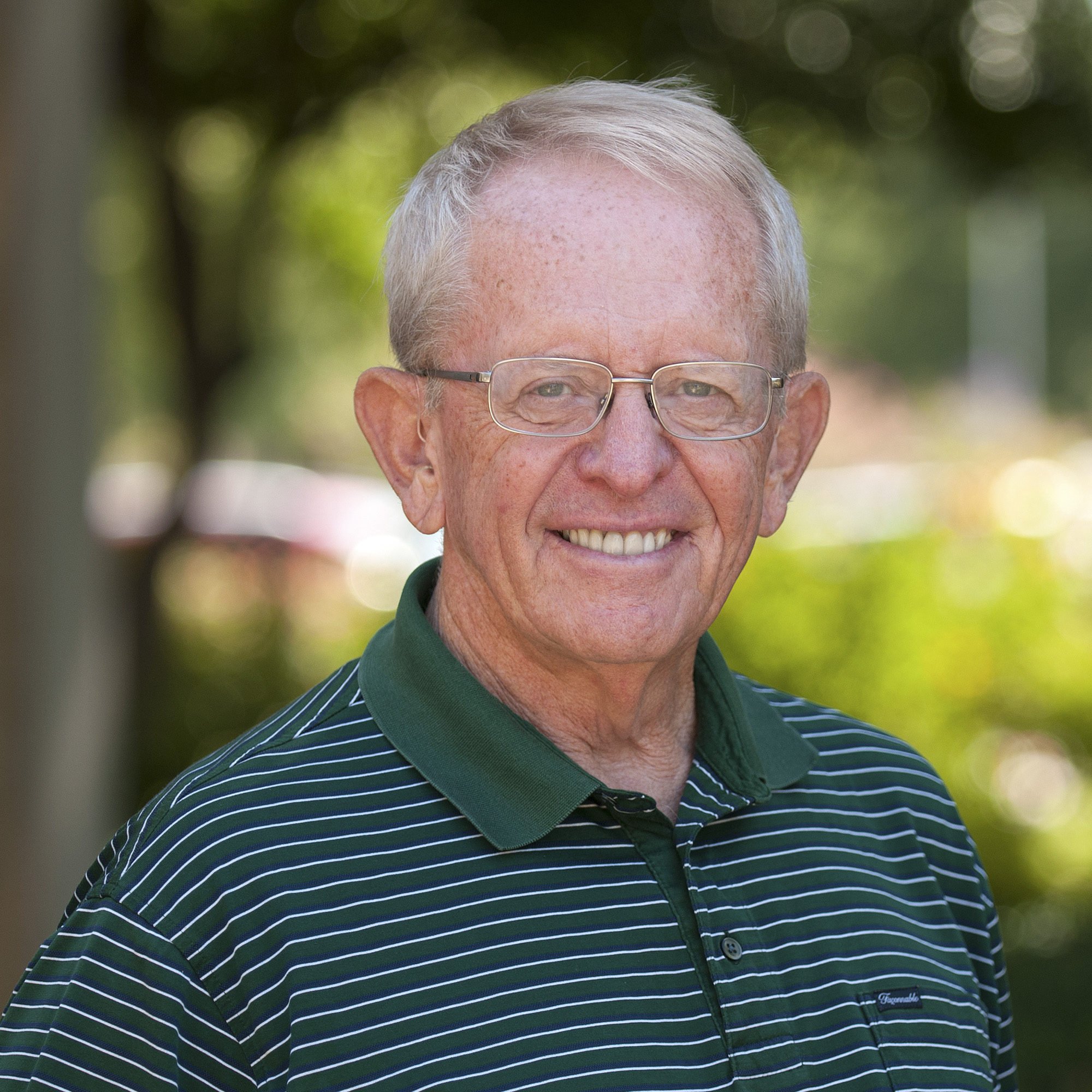Triumph amidst Bloodshed: Civil War Soldiers’ Spiritual Victories
The human carnage observed by Vincent Colger following the First Battle of Bull Run or Manassas Junction (July 21, 1861) stirred his heart so deeply that with the cooperation of fifty representatives from fifteen YMCAs in the New York area, the United States Christian Commission was established in November 1861. It became a national organization under the directorship of the Philadelphia philanthropist George Hay Stuart. Employing a volunteer staff called agents that numbered five thousand throughout the war era (agents were pastors and laity, each serving six weeks), this Protestant interdenominational agency exerted a far-reaching impact that combined humanitarian compassion with spiritual care. They came with three things: bandages, Bibles, and the love of Christ.
Sustained by private contributions, the USCC distributed over a million hymnals, 25 million Bibles or Scripture portions, and 39 million pages of tracts with a budget of over 6 million dollars. Originally designed to assist chaplains, the need was so great that a larger work force was required. Agents set up hospitals, carried the wounded from the fields, buried the dead, provided meals, wrote letters for the wounded, notified relatives of deceased loved ones, and witnessed of Christ in prayer meetings, preaching services, and at bedsides. In the midst of the ugliness of war, they became emissaries of care and hope.
This book is their story gathered from eyewitness accounts assembled from agents, soldiers, and patrons. Originally published in 1869 under the title Incidents of the United States Christian Commission and edited by Edward P. Smith, and still available in the original edition, the present volume has been edited for a current readership without substantial change in content. Instead of a subject index that appeared at the end of the original volume, this edition has a topical index at the beginning designed for pastoral use by those seeking illustrative material for sermons and devotional talks. Anyone who doubts that the present religious climate in the nation has changed should read the volume through the lens of “then and now.”
The genius of the book is that it is a collection of experiences by participants in a maelstrom of horrific and horrifying proportions. The suffering of the beleaguered soldiery, the sheer butchery of nineteenth-century close warfare, and the lack of medical advancement is a story worth the telling in the hope that it might cause some to think before a military solution is invoked. The real story is that of care and compassion exercised by so many for so very many others. Reading the reports of the agents brings tears for two reasons: the magnitude of suffering and death, and the penetrating evidence that the Bible and its message of redemption through Christ can bring hope, peace, and even joy in the midst of amputations, disease, and death. The story of the USCC needs to be rehearsed for this generation so that in reading these pages an altruistic human spirit combined with an eternal care for the souls of men may prod believers to go to broken people today with “bandages, Bibles, and the love of Christ.”
Claybrook and Reed are to be applauded for their tireless effort in making the story of the USCC available in a new publication. If any heart has grown cold or become weary of well doing, if anyone questions the efficacy of human care or the power of the story of Jesus, the forgiveness of sins, and the hope of life through death, then let the voices of the past speak. This work is a profound encouragement.
About the Contributors

John D. Hannah
John D. Hannah (ThM, 1971; ThD, 1974) has worked at DTS for more than forty years. His interests include the history of the Christian church, with particular focus on Jonathan Edwards and John Owen. Among his published works are a history of DTS and a general history of the Christian Church.
